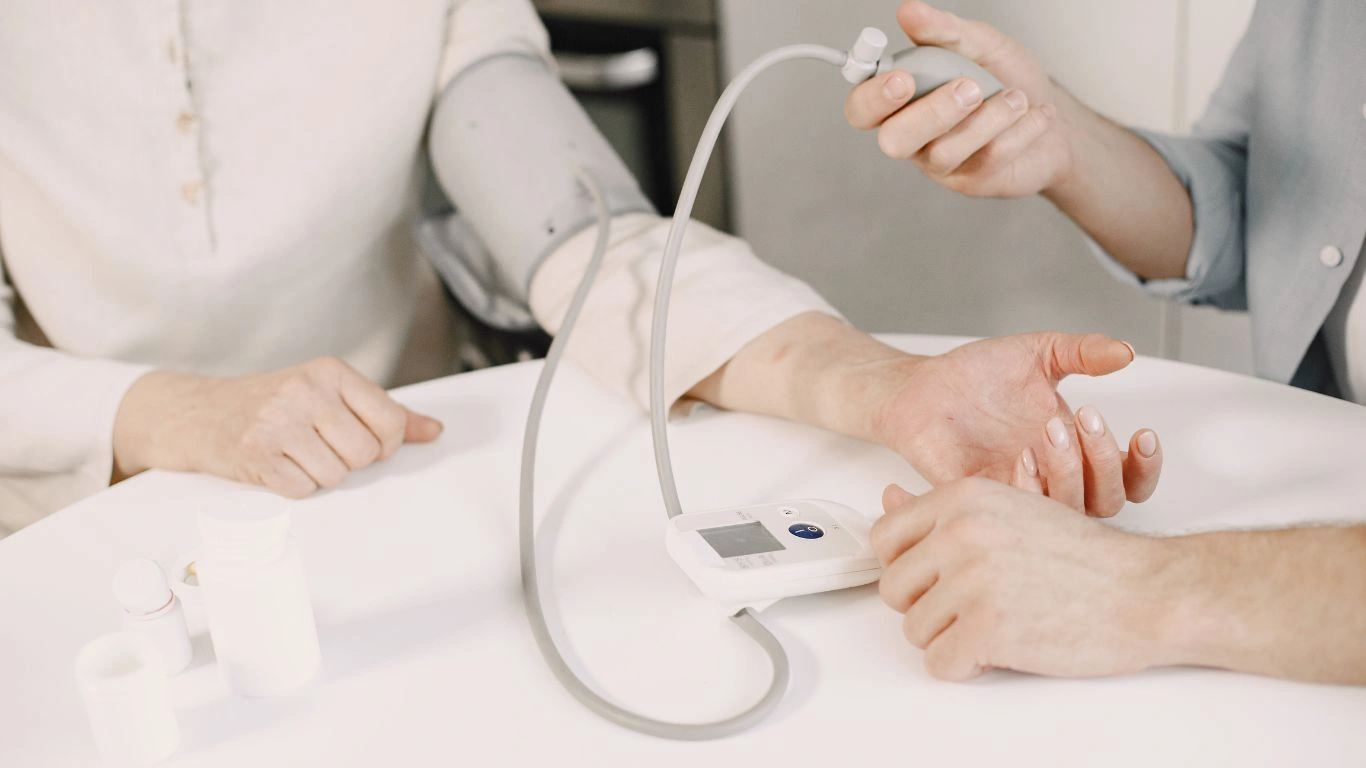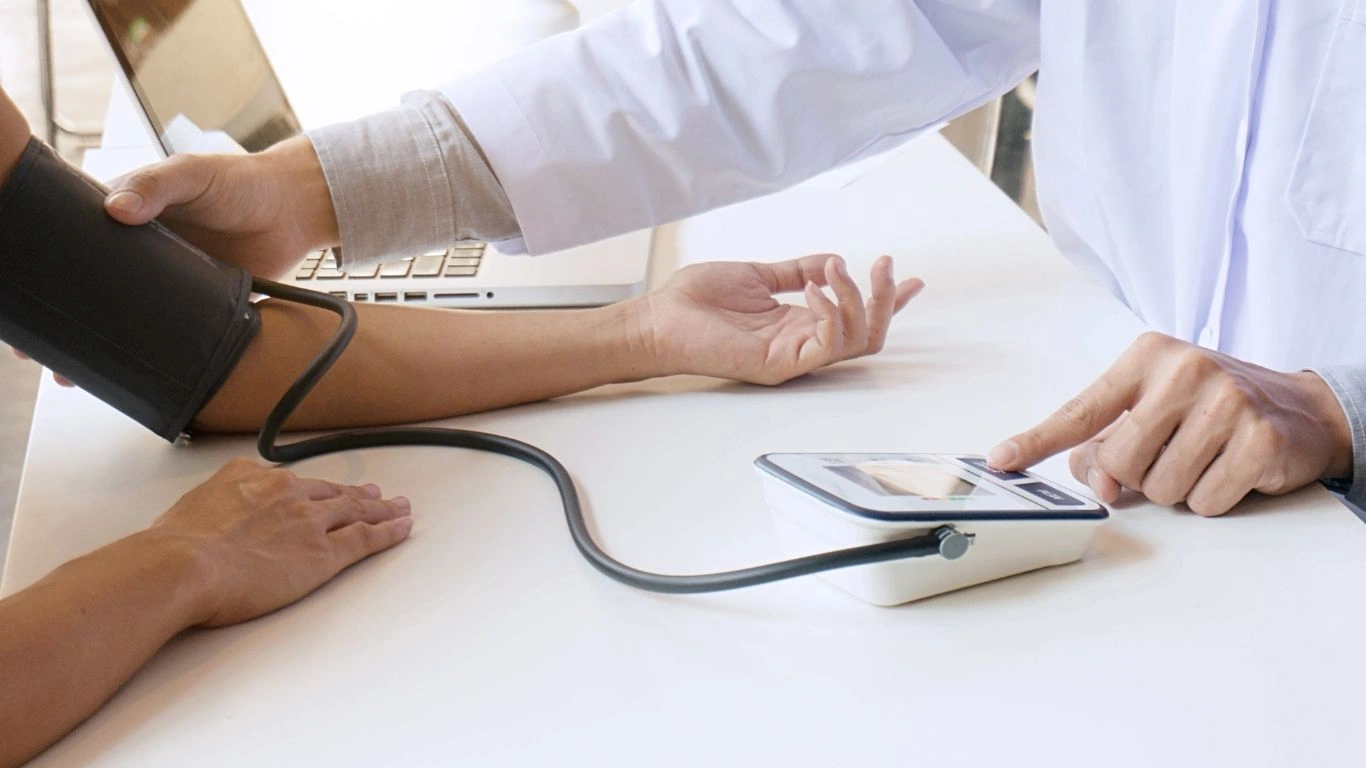Spices That Naturally Reduce Blood Pressure: A Flavorful Approach to Heart Health
If you’re someone who loves to cook or simply wants to make healthier choices for your heart, you’re in the right place. There’s a whole world of spices that can actually help in lowering blood pressure. And the best part? They’re not just good for your health—they make your food taste amazing too! So, let’s talk about some of these flavor-packed spices that you might already have in your kitchen and how they can work wonders for your blood pressure.
What’s the Deal with Blood Pressure?
Before we get into the spices, let’s quickly talk about blood pressure. High blood pressure (or hypertension) can put extra strain on your heart and blood vessels, which isn’t ideal. It can lead to some serious health problems if it’s not managed. Now, while medications and lifestyle changes play a huge role, did you know that some spices can help keep your blood pressure in check? Sounds pretty cool, right? Let’s see how!
1. Garlic: A Heart-Healthy Powerhouse
Garlic isn’t just a staple in so many delicious dishes—it also has heart-boosting benefits. Allicin, the active compound in garlic, is known to help lower blood pressure by relaxing blood vessels and improving blood flow. You don’t need to go overboard, but adding fresh garlic to your meals or even taking garlic supplements can make a big difference.
If you’re into cooking, try incorporating garlic into your pasta sauces, stir-fries, or even roasted vegetables. It’s an easy addition that can make a flavorful impact on both your meals and your blood pressure.

2. Cinnamon: Sweet Spice for a Healthy Heart
Cinnamon isn’t just for sprinkling on your morning oatmeal or in your pumpkin pie—it’s great for your heart too! Research has shown that cinnamon can help lower both systolic and diastolic blood pressure. It’s believed that cinnamon works by improving blood flow and reducing inflammation, which can lead to a more stable blood pressure level.
You don’t need to go heavy on it; a simple sprinkle on your morning coffee, smoothie, or yogurt will do the trick. Just remember, a little goes a long way, and it pairs perfectly with both sweet and savory dishes.

3. Turmeric: The Golden Spice with Superpowers
You’ve probably heard of turmeric, especially since it’s become a popular ingredient in health circles. Curcumin, the active compound in turmeric, has anti-inflammatory and antioxidant properties that can benefit your cardiovascular health. Studies suggest that turmeric can help lower blood pressure by improving blood vessel function and reducing inflammation.
To make the most of turmeric, try adding it to curries, soups, or even smoothies. A little bit of black pepper can enhance the absorption of curcumin, so don’t forget that small touch when using turmeric in your dishes.
4. Ginger: A Zesty Heart Helper
Ginger is another spice that’s commonly found in many kitchens and has heart-healthy benefits. It’s been shown to have anti-inflammatory effects and can help reduce blood pressure by relaxing the blood vessels. Ginger can also support healthy blood flow, which is key to managing hypertension.
Fresh ginger works great in teas, smoothies, stir-fries, and even baked goods. And if you’re a fan of ginger tea, you’re in luck—just boiling some fresh ginger slices in water and sipping on it can offer blood pressure benefits.
5. Basil: A Leafy Spice for Your Blood Pressure
Basil isn’t just for topping off your pizza or pasta—it’s actually a great spice for supporting healthy blood pressure levels. Some studies suggest that basil contains compounds that can help relax blood vessels, making it easier for blood to flow and, in turn, lowering blood pressure.
Fresh basil is perfect for salads, pasta, or even as a garnish for soups. If you want to get more creative, basil also works well in smoothies or homemade sauces.

6. Cayenne Pepper: A Spicy Kick for Your Heart
Cayenne pepper, with its fiery heat, does more than just add a spicy kick to your food. It contains capsaicin, which is known to have cardiovascular benefits, including improving circulation and potentially lowering blood pressure. The heat might be a bit intense for some, but adding a pinch of cayenne pepper to your meals can make a difference in more ways than one.
Start small if you’re not used to spice, and try adding cayenne to soups, stews, or even roasted veggies for an extra punch.
7. Cardamom: A Sweetly Scented Heart Helper
Cardamom, often used in chai and other sweet dishes, is another spice that’s been shown to have potential blood pressure-lowering effects. Some studies suggest that cardamom can help reduce high blood pressure by improving the function of blood vessels and promoting overall heart health.
Cardamom is super versatile—add it to your coffee, smoothies, or baked goods, or use it in savory dishes like curries for a slightly sweet and aromatic touch.
8. Cloves: Tiny Spice, Big Impact
Cloves, though small, pack a punch when it comes to their health benefits. They’re loaded with antioxidants and have been linked to reducing inflammation in the body, which is a key factor in managing blood pressure. Cloves can help improve circulation and reduce the oxidative stress that can lead to high blood pressure.
Add cloves to your stews, soups, or teas for a rich, aromatic flavor that’s good for both your heart and your taste buds.

How to Incorporate These Spices into Your Diet
Now that you know about some amazing spices that can naturally help lower blood pressure, the next question is: how do you use them? Here are some simple ways to incorporate them into your daily routine:
- Spice up your smoothies: Toss in some cinnamon, ginger, and turmeric to make a heart-healthy blend.
- Cook with garlic and basil: Use garlic as a base in stir-fries and pasta sauces, and add fresh basil for flavor.
- Flavor your drinks: Try a warm cup of cinnamon or ginger tea, or add a pinch of cayenne pepper to your morning juice for an energizing kick.
- Use spices in your baking: Cardamom and cloves are perfect for adding warmth to baked goods like muffins and cakes.
Final Thoughts: More Flavor, Better Health
Using these spices in your cooking is not only a great way to lower your blood pressure, but it also makes your meals more exciting and full of flavor. Plus, they’re all natural, so you can feel good about how you’re treating your body while enjoying your favorite dishes.
Appendices
FAQs
- How much of these spices should I use to lower my blood pressure? There’s no exact amount, but adding them regularly to your meals can help over time. Even a small sprinkle can make a difference!
- Can I use these spices in supplement form? Yes, many of these spices are available in supplement form. However, it’s best to consult your doctor before starting any supplements.
- Are these spices safe if I take medication for high blood pressure? In general, these spices are safe, but it’s important to talk to your healthcare provider to make sure they won’t interact with your medications.
- How long will it take to see results? Results vary, but making these spices a part of your daily diet can gradually help lower your blood pressure over time.
- Can I combine these spices for maximum effect? Absolutely! In fact, combining several of these spices in your meals can offer even greater health benefits.
References
- National Institutes of Health (NIH). “The Role of Garlic in Reducing Hypertension.” 2023.
- American Heart Association. “The Effects of Spices on Heart Health.” 2022.
- Journal of Hypertension. “Cinnamon and Blood Pressure: What the Studies Say.” 2021.
Disclaimer
The information provided in this article is for educational purposes only and should not be used as a substitute for professional medical advice. Always consult with your healthcare provider before making any dietary changes, especially if you have high blood pressure or are on medication.

Dr. Gwenna Aazee is a board-certified Internal Medicine Physician with a special focus on hypertension management, chronic disease prevention, and patient education. With years of experience in both clinical practice and medical writing, she’s passionate about turning evidence-based medicine into accessible, actionable advice. Through her work at Healthusias.com, Dr. Aazee empowers readers to take charge of their health with confidence and clarity. Off the clock, she enjoys deep dives into nutrition research, long walks with her rescue pup, and simplifying medical jargon one article at a time.







